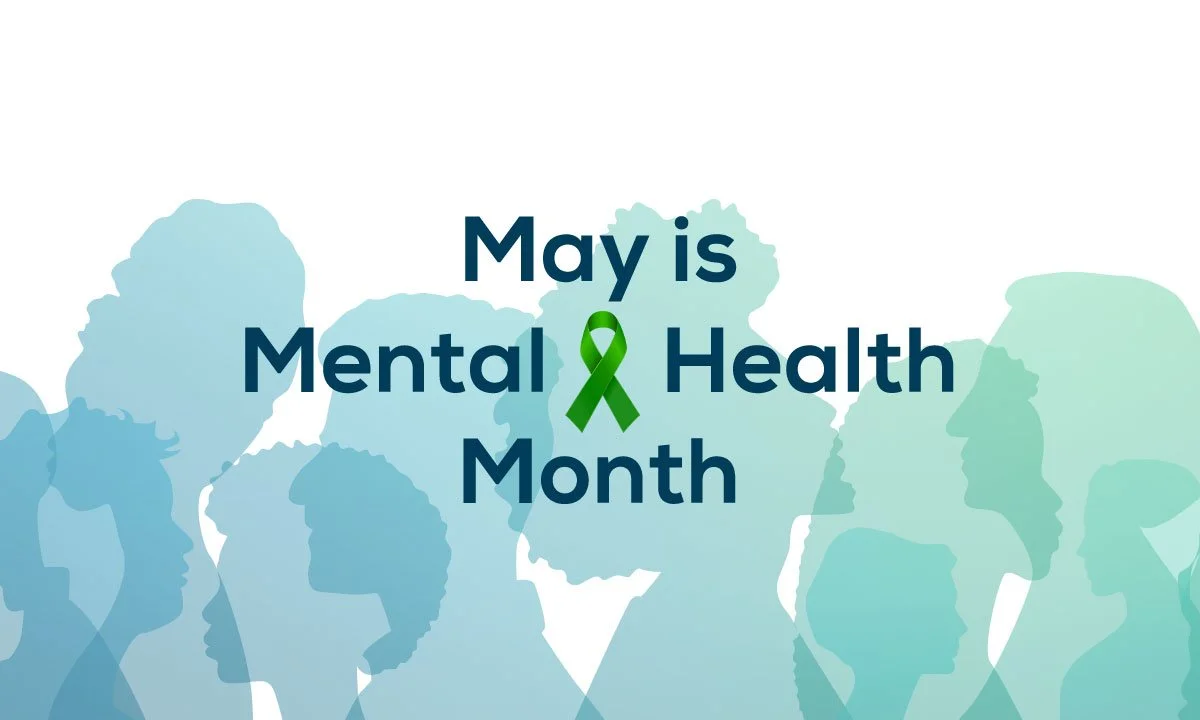Small Changes to Live Longer
/We’ve all been told 50% of our plates should be stocked with veggies. But did you know that small changes like cutting back on sweets and replacing it with health options like nuts, vegetables, and legumes could add years to your life? To see just how much small changes can impact your life, a team at the University of Bergen, Norway created a model using data from the Global Burden of Diseases study.
Read More











